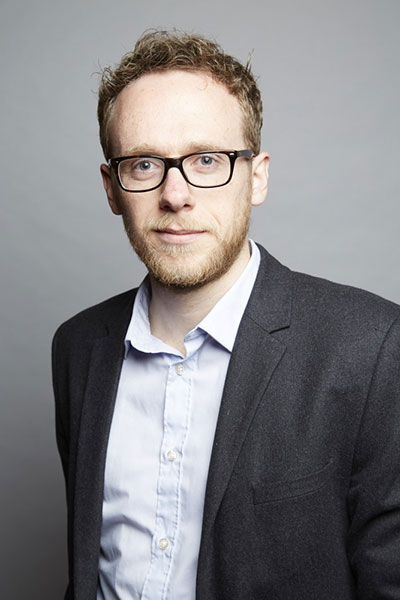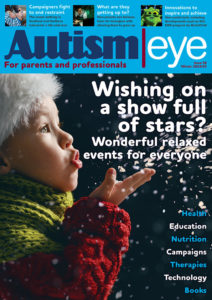The UK’s biggest autism charity has been criticised for saying the condition should not be “lessened”.
The National Autistic Society (NAS) made the comment in response to research on a parent-coaching technique. The technique aims to reduce autism diagnoses.

Tim Nicholls of the NAS says autism should not be “cured or lessened”
Tim Nicholls is head of policy with the NAS. He insisted autism is not something that should be “cured or lessened”.
But biomedical charity Thinking Autism says the condition often comes with an array of health problems.
Right to seek treatment
Autistic people and their families have the right to seek treatment for these health issues, says Thinking Autism.
The Australian study that used the parent-coaching technique trained families in how to respond to babies who showed early signs of autism.
It found the technique could reduce autism diagnoses by two-thirds.
Research may ‘cause concern’
Professor Andrew Whitehouse, of the Telethon Kids Institute at the University of Western Australia, was involved in the study.
He called the findings an “important step forward”.
But Nicholls said the research may “cause concern among many autistic people and their families”.
And he insisted research should not try to reduce the severity of autism.
Instead, it should focus on “supporting autistic people” with their “biggest challenges”.
But in their statement, Thinking Autism insisted Whitehouse’s research was supporting autistic people.
Whitehouse’s research reported a reduction in repetitive behaviours, sensory problems and improved social engagement.
Chronic sleep problems, gut disorders, epilepsy, self-harm, anxiety and depression are all far more common in people with autism, says Thinking Autism.
The charity said around one in three people on the autistic spectrum need one-to-one care. It added that around nine in ten cannot hold down a job and see their lives “cruelly limited”.
Challenges lessened, but not the condition
In a statement to Autism Eye, the NAS said it supports research focused on “lessening” the challenges people face, but not their autism itself.
Related:
- Young autistic people create diagnosis resources
- Strategy focuses on diagnosis, training
- ‘Travesty’ of four-year diagnosis
- Self-harm crisis of delays in diagnosis
- Discrimination in restricting diagnosis
- Test reveals anxiety as second diagnosis
- New test heralds early autism diagnosis
- Delays in diagnosis deny new therapy
- Huge increase in diagnosis in N Ireland
Published: 28 September 2021

















